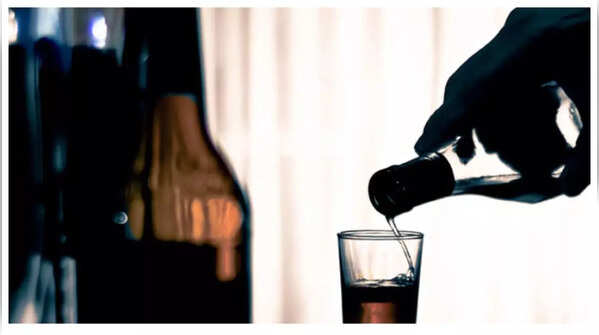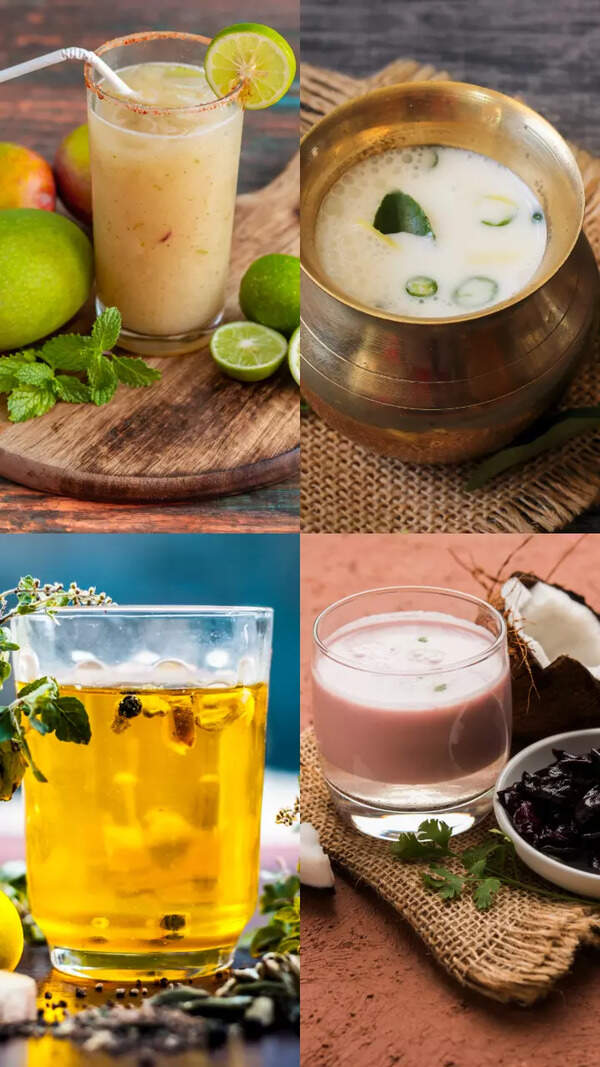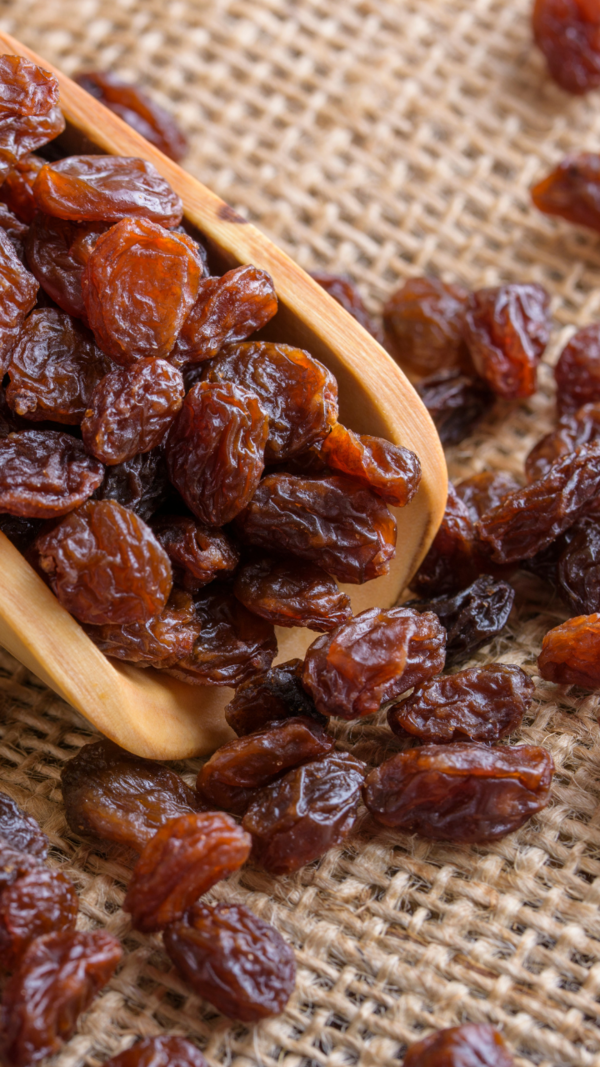- News
- lifestyle
- health-fitness
- health-news
- Alcohol and Vitamin B12 absorption: 5 things light to heavy drinkers should know
Alcohol and Vitamin B12 absorption: 5 things light to heavy drinkers should know

Alcohol
It is important to note no level of alcohol consumption is safe. The risk starts from the first drop. The WHO has confirmed that there is no safe level when it comes to alcohol consumption. It doesn’t matter how much you drink; the risk to the drinker’s health starts from the first drop of any alcoholic beverage.

Alcohol and Vitamin B12 absorption: 5 things light to heavy drinkers should know
While doctors say that no amount of alcohol is safe, most of us sometimes enjoy a drink or two. While to drink or not to drink is a personal choice, do you know that alcohol as a whole also disrupts your vitamin absorbing capacity? Yes that is right. For example, Vitamin B12 and alcohol absorption are closely linked, and regardless of whether you are a heavy or light drinker, here's what you need to know...

Alcohol reduces Vitamin B12 absorption
Studies show that drinking alcohol, even moderately, can reduce vitamin B12 absorption by about 5-6%. Alcohol, even in small quantities irritates the lining of the stomach and intestines, which are responsible for absorbing nutrients like B12. This irritation can interfere with the body's ability to take in enough vitamin B12 from food or supplements. So, even light drinkers may experience some decrease in B12 absorption.

Heavy drinking causes even more damage
Heavy or chronic alcohol use can cause gastritis, which is inflammation of the stomach lining. This condition further reduces the stomach’s ability to produce intrinsic factor-a protein needed to absorb vitamin B12 in the small intestine. Without enough intrinsic factor, vitamin B12 cannot be properly absorbed, leading to deficiency. Alcohol also damages the intestines, making nutrient absorption even harder.

Alcohol affects Vitamin B12 storage and use
Vitamin B12 is mostly stored in the liver, but alcohol can cause liver damage and inflammation. This damage reduces the liver’s ability to store and release vitamin B12 when the body needs it. Over time, this can lower vitamin B12 levels and increase the risk of liver disease, such as cirrhosis.

Poor diet can worsen the condition
Many heavy drinkers miss out on having a balanced diet rich in vitamin B12. Foods like meat, fish, dairy, and eggs are primary sources of B12. An unbalanced diet combined with alcohol’s effect on absorption can quickly lead to vitamin B12 deficiency. Vegetarians and vegans who drink alcohol should be especially careful and may need supplements or fortified foods to maintain healthy B12 levels.

Causes serious health issues
Low vitamin B12 levels can lead to anemia, causing weakness, tiredness, and difficulty concentrating. It can also affect the nervous system, leading to numbness, tingling, and memory problems. Since alcohol already stresses the body, a B12 deficiency can worsen these symptoms and increase the risk of long-term health issues. Hence, it is best to avoid alcohol together, or limit its consumption to the minimum amount.

Stay stress free
At the end of the day, no amount of alcohol is safe, so stay away from it as much as possible

Divert your mind
Instead of alcohol, diverting your mind to exercise is a sure shot way of reducing your consumption








